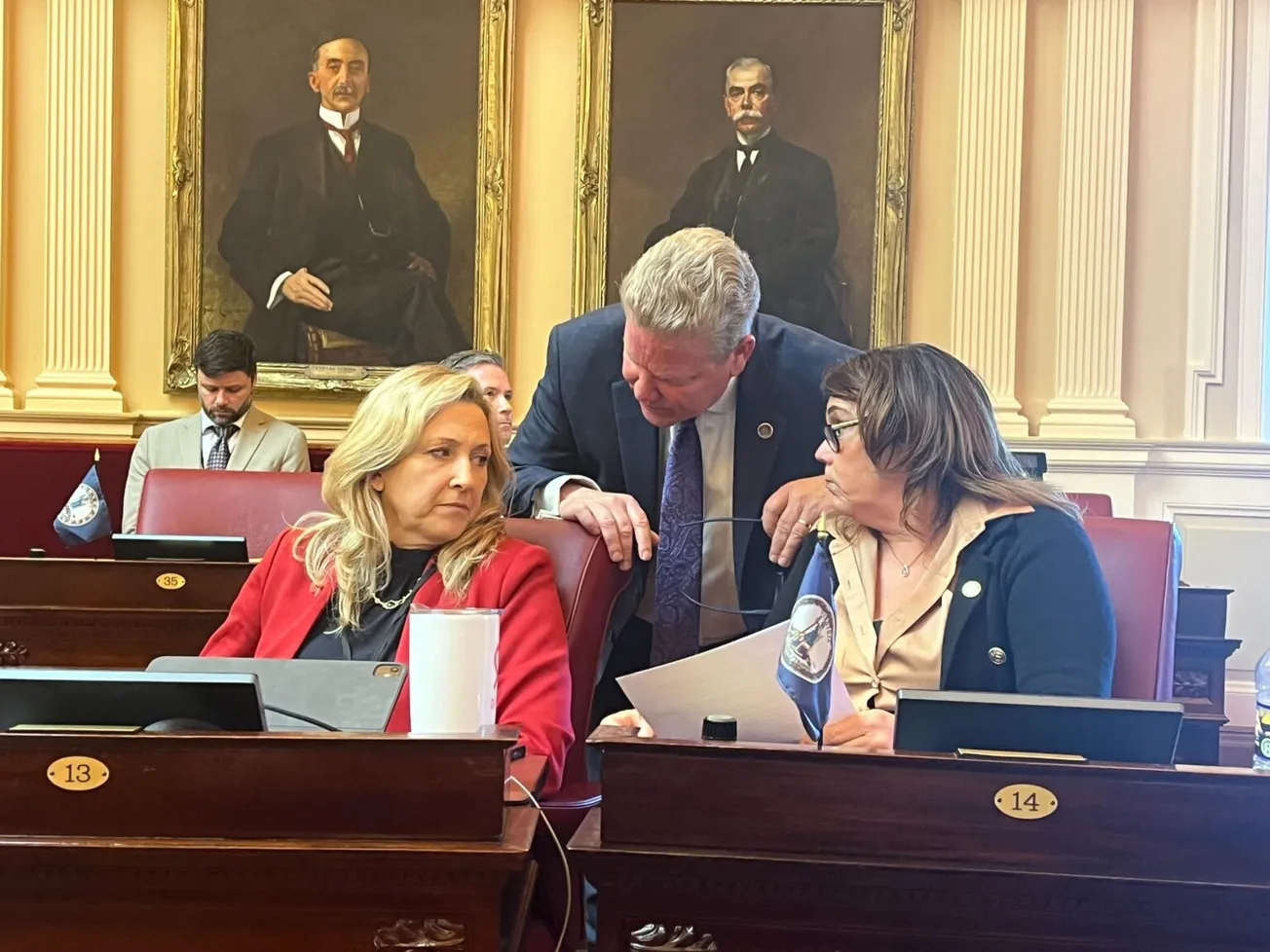Virginia Senate approves mid-decade redistricting amendment in party-line vote
Democrats say the measure is needed to counter GOP-led map changes in other states; Republicans call it a reversal of the voter-approved redistricting commission

Democrats say the measure is needed to counter GOP-led map changes in other states; Republicans call it a reversal of the voter-approved redistricting commission
